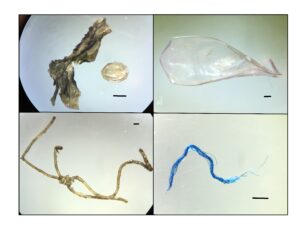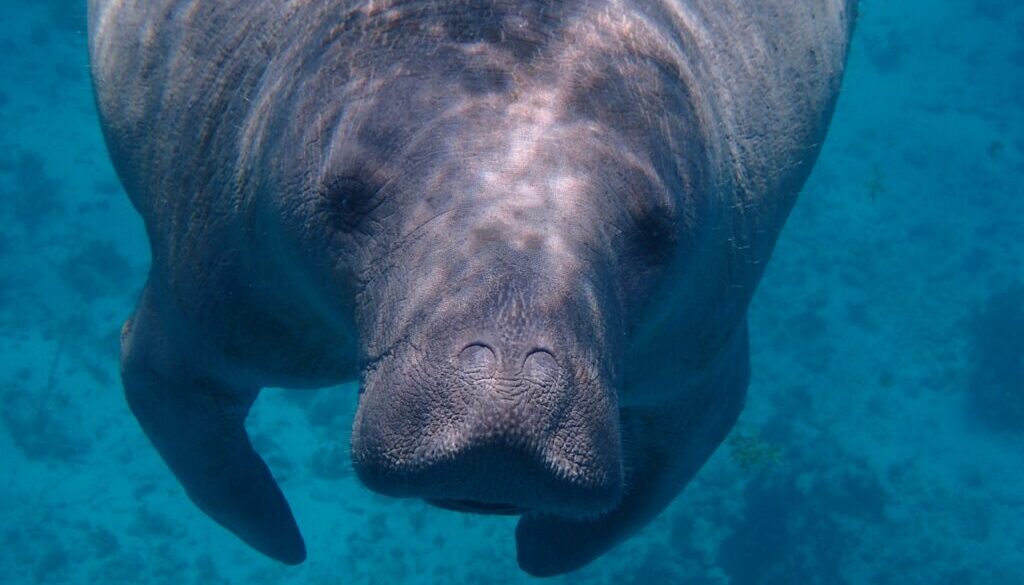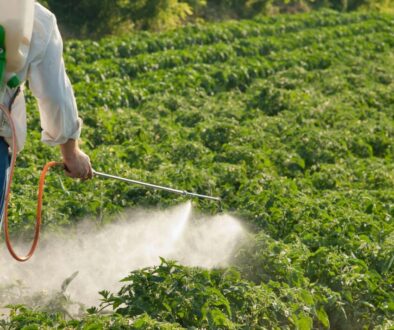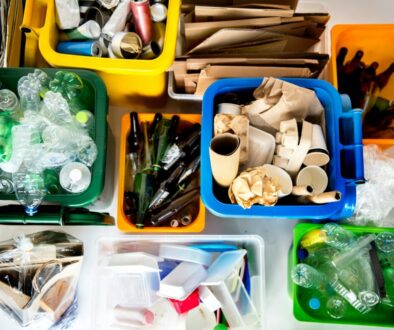More evidence of plastics harm to Florida manatees
By Ed Rodgers
The manatees found along Florida’s Gulf Coast already face numerous threats to their survival: Boat strikes, red tide, harmful algal blooms, and a loss of the sea grass beds that provide their main food source have taken a toll on the gentle herbivores.
A new study adds to evidence showing that manatees are facing another serious threat: Plastics.
Researchers from Eckerd College conducted a study examining the remains of 26 dead manatees from Tampa Bay, Florida, over a 28-month period and found more than 73% of the animals had plastic particles or microplastics in their gastrointestinal systems and 76% of the manatees had some form of plastic in their digestive tracts.
Study co-author Shannon Gowans said the microplastic exposure appears to be coming from concentrations of pollutants in sea grass beds where manatees graze.
“We couldn’t actually look through all of their gut contents so we only sub-sampled a small amount. So, while we found 76% had some plastics there’s a good chance that a lot more had plastics,” Gowans said.

The study found monofilament fishing line was the most common type of plastic in the animals.
A much larger report, published in 2020, found that 99% of 700 Florida manatees studied had swallowed some type of plastic, which can obstruct digestion or damage intestines, leading to starvation and death. The report included an example of a dead manatee whose stomach and colon were found filled plastic items, including a plastic bag, straw, string, and fishing line.
Florida Fish and Wildlife Conservation Commission records show 800 manatees were killed or otherwise died in 2022. A record 1,110 died in 2021. As of March 24 of this year, 215 of the animals had died, according to official records.
In November, four environmental groups petitioned the US Fish and Wildlife Service to reclassify the West Indian Manatee found in Florida coastal waters from a threatened to an endangered species.
Gowans believes microplastics should be considered as part of the bigger picture of threats.
“One of the things we find is that often times we can end up with these kinds of problems compounding each other and making things worse,” Gowans said. “We can see if they’re ingesting a lot of plastics with some of those chemicals it may reduce their immune system so it may make them more vulnerable if they’re hit by a boat that they can’t recover and heal their wounds.”
The researchers say more study is needed to determine the health impacts on the manatees.
(Featured photo by Maegan Luckiesh on Unsplash)




